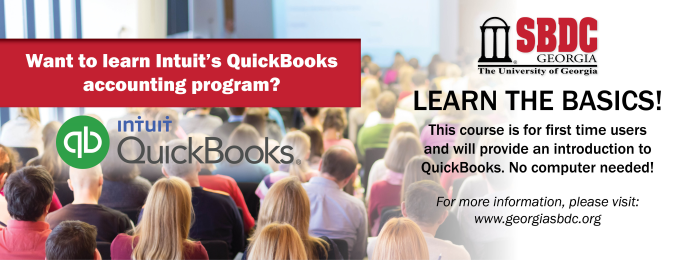Written by: Nellie Akalp
Each January you reacquaint yourself with your gym’s floor plan and have big dreams to launch a business. Yet come December you haven’t seen your gym membership badge in months and you’re no closer to being your own boss.
If you are serious about starting your own venture, timing couldn’t be better this year. While the stock market may have started 2015 off on a bad foot, both the economy and consumer confidence are rebounding after the recession. Low gasoline prices are putting more cash in everyone’s pockets. And now that Obamacare is in effect, entrepreneurs have more options for health insurance coverage when they go solo.
With such a ripe climate for entrepreneurial activity, how can you make things happen and prevent another year from slipping by? Here are seven steps:
1. Assess your financial situation and tolerance for risk
Think about where you are right now in your life. Can you afford to forego a steady pay check and other perks? Can you survive on your savings for months, a year? Not every entrepreneur with an awesome idea has 6 to 24 months of living expenses saved up. You might have a family to support, and student loans or a mortgage to pay.
This isn’t meant to discourage you from following your dreams, but you need to be realistic about your situation and craft a plan accordingly. Perhaps you keep your day job for six months while you lay the groundwork for your new business. Or you start small and keep your personal and business expenses as low as possible. Most small businesses close because owners run out of money, so make sure your plans realistically match your budget.
2. Come up with a business plan
You don’t need to create a comprehensive 100-page document. At this point, a single page that helps distill your thinking is best. This lets you hone in on the core of your business concept before delving into all the details. What’s your value proposition? What products or services will you offer and how do they differ from anyone else? Who are your customers and what are they looking for?
3. Determine what kind of help you need
What sort of partners, vendors, and other expertise do you need to launch your business? Do you need a manufacturing supplier? Someone to design your website? Start to make a plan about what you can handle yourself and how you are going to find (and pay for) the outside resources.
4. Get out and network
The more people you know, the better. Attend networking events to grow your potential customer, partner, and employee base. Start requesting conversations with professionals in your field and others who have started their own ventures. Ask them for coffee or a phone call to talk about their experiences. And observe everyone in your space: think about what they’re doing right, and what’s missing.
5. Stay focused
Most entrepreneurs have a lot of ideas. When you’re a creative and passionate person, it’s easy to get side-tracked on new projects, when you should be working on your core idea. Think about the top three things you need to do in the next few months to give your new venture the best chance for success. Keep these priorities in mind with everything you do. Otherwise, you can feel like you’re accomplishing a lot, without making any real progress.
6. Believe in yourself
When you are planning or starting a business, everyone (friends, family, neighbors, colleagues, strangers…) has advice. And I’ll be honest: some of those people are going to think you have a lousy idea and are headed straight for bankruptcy. This is when you will need to stand firm and have unwavering belief in yourself, your ideas, and your business. Don’t worry about convincing your critics at this point, but don’t let the detractors turn you off course.
7. Don’t be afraid to fail
No matter what type of business you want to start, keep in mind that most people’s first entrepreneurial attempts fail. You may fail miserably and brilliantly, but that hardly makes you a failure. With every attempt, you’ll gain valuable experience and insight into what works and what doesn’t. Starting a business is stressful and it’s easy to get downright panicked, but you cannot let fear prevent you from following your dreams. Think of it this way: if fear stops you from ever making a real effort, you will have failed before you ever started.
So, what do you think: will 2015 be the year you finally make things happen?
Article Source: Huffingtonpost.com
*Funded in part through a cooperative agreement with the U.S. Small Business Administration. All opinions, conclusions, or recommendations expressed are those of the author(s) and do not necessarily reflect the views of the SBA.*
The Georgia State University Small Business Development Center is available to assist you in that journey through the pre-venture process! One of the ways we provide help is through our continuing education workshops.

On January 28, 2015 we will have a Starting A Business Workshop that will provide an overview of the biggest challenges faced by new business owners. Many basic questions for starting a business are answered in this course.

Another great continuing education opportunity we have coming up on February 11, 2015 is our One Page Business Plan Workshop. A business plan helps you start, build and manage your business. In this workshop you will learn why a business plan is critical to your success, especially if you plan to apply for a loan to finance your business.
*These courses are relatively inexpensive and are vital in effectively managing a business. *
To register for any of these classes please call our office at (404) 413-7830 OR visit our website!
*Reasonable accommodations for persons with disabilities will be made if requested at least two weeks in advance.*
Contact: Mary Phillips (404) 413-7830











